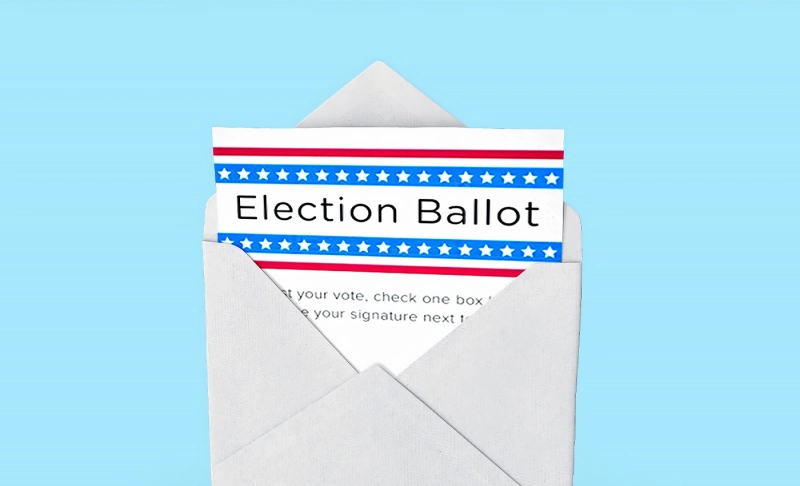By: Ishita Goel J
December 17 2021

Numerous studies have arrived at the same conclusion that voting by mail doesn’t provide any clear partisan advantage.
Numerous studies have arrived at the same conclusion that voting by mail doesn’t provide any clear partisan advantage.The 2020 U.S. Presidential election is due to take place on Nov. 3. The lockdown imposed due to COVID-19 led many states across the U.S. to establish new rules on voting. Many states expanded mail-in voting options for residents. In Mar. 2020, discussing a congressional proposal to make it easier to vote, President Donald Trump had spoken against mail-in voting. He tweeted in April that Republicans should fight very hard when it comes to statewide mail-in voting. Many states across the U.S. had policies in place which allowed voters to vote by mail before the lockdown. Five states allowed all registered voters to vote entirely by mail before the lockdown; Colorado, Hawaii, Oregon, Washington, and Utah, and both parties have enjoyed a small but equal increase in turnout in these states, according to FiveThirtyEight. Moreover, there are rules around absentee voting, which vary by state. In some states, any registered voter can request an absentee ballot, regardless of why they would vote by mail. While other states only allow people to vote absentee if they provide a qualifying reason for why they can't make it to a designated polling station on the election day, such as illness, physical disabilities, travel, or work. Therefore voting by mail is more convenient for some voters but more difficult for others. "These conflicting factors appear to cancel each other out, dampening any partisan advantage." Moreover, "the vast majority of nonvoters don’t participate not because it’s too inconvenient to vote, but because voting isn’t a habit for them," notes FiveThirtyEight. Stanford University conducted many studies to understand election processes. To test partisan effects, they compiled a data set containing county-level election results and public voter file data containing voters' party registration in California and Utah. The data covered elections from 1996 to 2018. After controlling for county-level differences, the data showed a truly negligible effect on partisan turnout rates. There are suggestions that the nonvoters would not participate, as they would not be interested in voting. Multiple studies have found that mail or absentee voting does not appear to benefit either political party.